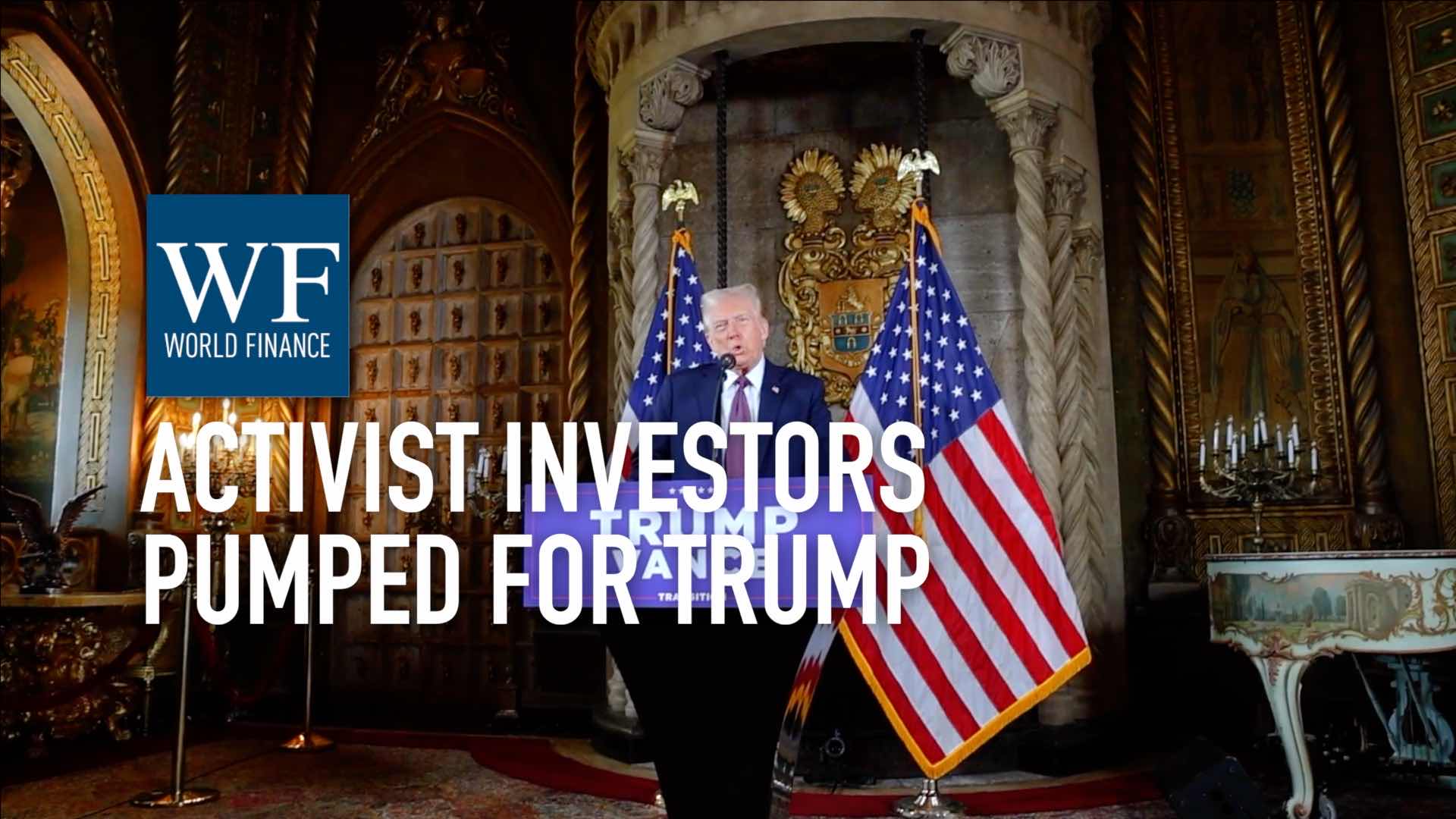Mohammad Attiya on his ‘app store model’ | TradeNet
World Finance interviews Mohammad Attiya, President of TradeNet, on the potential for his 'app store model' and the lessons that can be learned from Amazon
Related:
Transcript
We’re all familiar with buying apps for mobile devices- simple, cheap bolt-ons that make our lives easier. But Mohammad Attiya, President of TradeNet, has a vision of an app store model for online retail brokers
World Finance: First introduce us to TradeNet, what do you do?
Mohammad Attiya: At TradeNet we make software for retail brokers, and we are a full-fledged equity platform for emerging markets.
“It’s about extending the functionality of whatever product you’re offering”
World Finance: Fill us in on this ‘app store model’ for online retail brokers
Mohammad Attiya: The app store model is something that we did not invent, we actually copied from other industries. It’s basically about extending the functionality of whatever product you’re offering, without necessarily extending the cost, as well as increasing the stickiness of customers to the product you’re offering.
World Finance: So what kind of widgets does the TradeNet store offer?
Mohammad Attiya: It started with the typical widgets that are acquired for an investor and that includes fundamental analysis tools, technical analysis tools, market data, research from independent sources, ratings, that kind of thing. There’s no limit to what these widgets can offer.
“They offer you related products…think about that in terms of stocks”
World Finance: And you say there are lessons to be learned from Amazon?
Mohammad Attiya: Amazon is a very interesting company, they’re one of the companies that truly shifted their focus from what they are selling to who they are selling to. And you go to Amazon and they offer you stuff that you get surprised at times that they know that much about you. They also offer you related products, so when you go to buy a certain product, they say ‘customers who bought this product have also bought that product, are you interested?’ Think about that in terms of stocks, if you are buying a stock in London and there is a stock that is similarly performing in Kazakhstan, you wouldn’t know about it but if your broker is able to pull it together in front of you and tell you that this stock is similar or somebody who has bought this has also bought that, you might be assimilated to buy it. Another thing about Amazon is that they moved from selling books, to selling anything, and I’m starting to think ‘can they at one point in time sell stocks in companies for example, and how would that affect brokerage firms with the kind of customer intimacy that Amazon has with millions of customers?’
“It’s got to be seamless to the customer”
World Finance: So how can online retail brokers implement that strategy?
Mohammad Attiya: It’s got to be seamless to the customer, when Apple introduced the phone, the iPhone, it’s essentially five percent phone and 95 percent something else, but they called it a phone and the positioning was a phone. So people are accustomed to this kind of product, and they introduce it from the angle that the customer is used to, so that the customer doesn’t fear there is a big change coming that people have to be prepared for because people don’t like change. So this is the same for a brokerage firm, the customer goes to the website to do the usual things like executing an order or looking at their history or portfolio, they should also be presented with that plus, seamlessly, the other widgets that can be offered to them.
World Finance: So familiarity with the products, I guess, is key?
Mohammad Attiya: Familiarity with the concept, yes.
World Finance: Finally, what does the next 12 months- 2 years hold for TradeNet?
Very vivid focus on the TradeNet store as an enabler for our brokerage firms to get out of the commodity price wars that they are suffering from now, trying to sell execution only, increasing the stickiness of their platform or their e-trip platform to their customer.
World Finance: Mohammad, thank you.
Mohammad Attiya: Thanks

 Prepare now for aggressive shareholder activism under Trump 2.0, says Kai Liekefett
Prepare now for aggressive shareholder activism under Trump 2.0, says Kai Liekefett Banco Popular Dominicano: Digitalising Dominican finance
Banco Popular Dominicano: Digitalising Dominican finance
